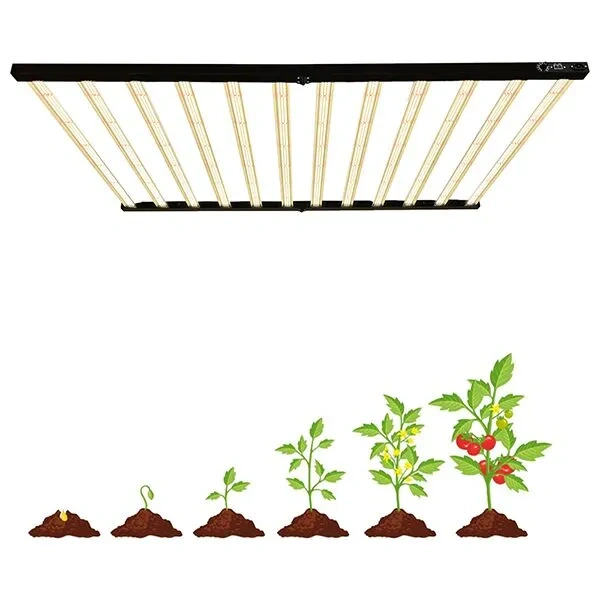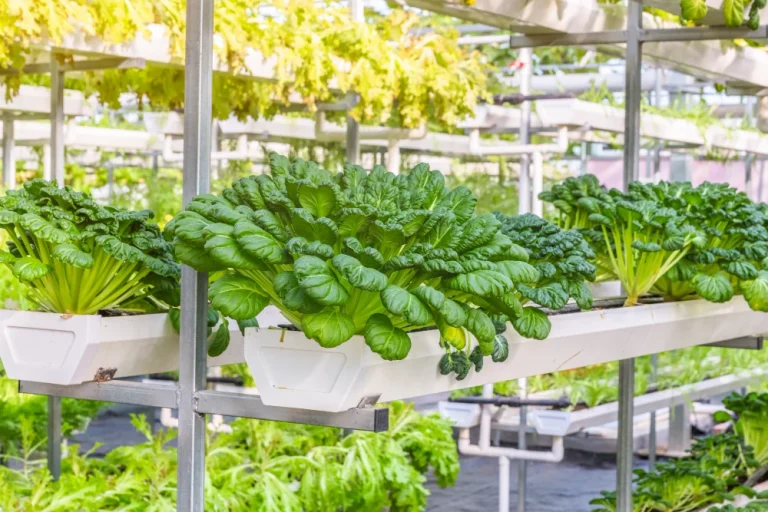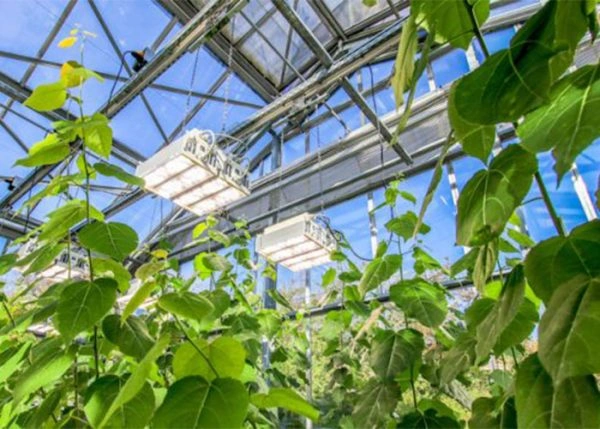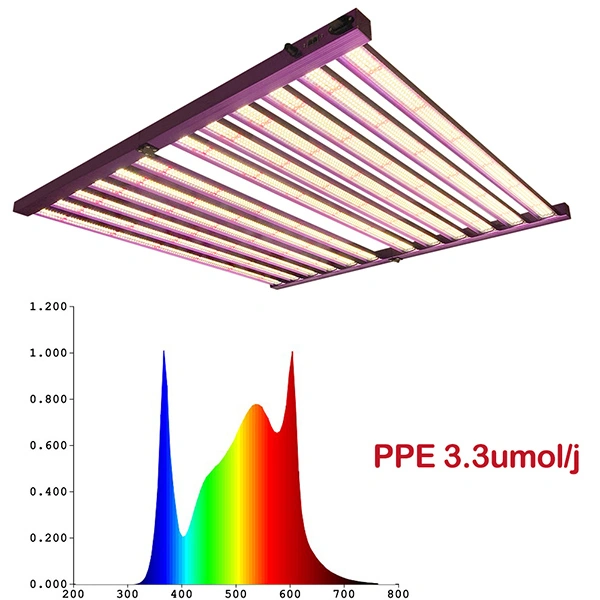How Have Recent Extreme Weather Events Tested Air Conditioner and Heating Units?
What Happened During the 2021 Texas Winter Storm?
In February 2021, a strong winter storm struck Texas. It brought cold weather and heavy snow. Homes lost power for days. Heating units faced tough times. Many were not ready for such cold. Some froze. Others broke. They lacked good insulation or shut-off parts. This showed that HV air conditioner systems can fail in extreme cold. People faced discomfort. Repairs cost a lot.
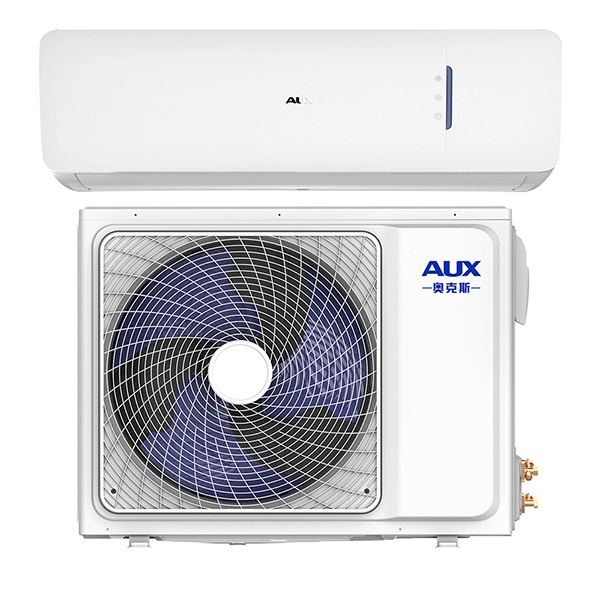
How Did the 2023 Heat Dome Affect Residential Cooling Systems?
In 2023, a heat dome hit Texas. Temperatures went over 100°F for weeks. Air conditioners worked hard. Older units struggled. Some overheated. Compressors failed. Energy use went up. The heat also stressed the power grid. Blackouts were a risk. Cooling homes became hard. This proved heat can push air conditioner units too far.
Are Traditional HV Air Conditioner Systems Equipped to Handle Sudden Climate Swings?
Traditional HV air conditioner systems are made for the usual weather. They use old weather data. Climate change brings fast weather changes. Systems fail in sudden cold or heat. Units that work in normal weather may break in extreme conditions. This is a big problem for homeowners.
Are your Air Conditioner and Heating Unit Prepared for Unpredictable Temperature Spikes?
Why Do Rapid Temperature Fluctuations Strain HV Air Conditioner Systems?
Fast weather changes make HV air conditioner units switch modes a lot. They go from heating to cooling often. This wears out parts fast. Compressors, thermostats, and fans get stressed. Switching uses more energy. It upsets the system balance. Problems grow in sudden weather shifts, like in Texas.
What Are the Signs That Your Unit May Fail Under Pressure?
Unusual Noises or Odors
Odd sounds like clanging or grinding can mean trouble. Burning smells are bad too. These show motor issues or hot parts. Such problems appear in extreme weather stress.
Inconsistent Indoor Temperatures
Some rooms stay warm or cold. The thermostat settings don’t help. This means airflow or refrigerant issues. Comfort is hard to keep in heat waves or cold snaps.
Frequent Cycling or Shutdowns
Units that turn on and off fast have problems. This is called short cycling. It may mean the unit is too big or broken. Extreme weather makes this worse. Breakdowns can happen.
Are You Overlooking These Common Air Conditioner and Heating Unit Mistakes During Extreme Weather?
Why Ignoring Filter Replacement Could Be Risky
Dirty filters stop airflow. Units work harder. In summer, they overheat. In winter, they lose efficiency. In big weather events, clogged filters cause failures. Check filters often, especially in dusty winters.
How Incorrect Thermostat Settings Can Lead to Overload
Setting thermostats too low in heat or too high in cold is bad. Units run all the time. Energy bills rise. Parts like compressors can break. Small thermostat changes help avoid stress.
When Is It Time to Call a Professional Technician?
Hear noises or see uneven temperatures? Call a technician. Short cycling is another sign. Get a check if your unit hasn’t been serviced in a year. Professionals find small issues before they grow big in bad weather.
How Can You Optimize Your Current System Before the Next Weather Crisis?
What Maintenance Steps Can Prevent Costly Failures?
Checking Refrigerant Levels and Airflow
Low refrigerant hurts cooling. It can harm compressors in hot weather. Clean filters and clear vents help airflow. This keeps units running well under pressure.
Inspecting Insulation and Sealing Leaks
Bad insulation lets air escape. HV air conditioner units work harder. Seal leaks around windows and doors. This keeps temperatures steady. Add insulation to walls or attics. It helps in storm-damaged homes.
Testing Emergency Shut-Off Features
Check shut-off systems. They protect against power surges or overloads. These happen in bad weather. Testing prevents damage during grid issues.
Should You Consider Upgrading to a More Resilient System?
Is your HV air conditioner unit over 10 years old? Does it need many fixes? Upgrading can save money. New systems use less energy. They handle extreme weather better. Smart controls and strong designs help with temperature shifts. Texas has hotter summers and colder winters now. A new system is more dependable.
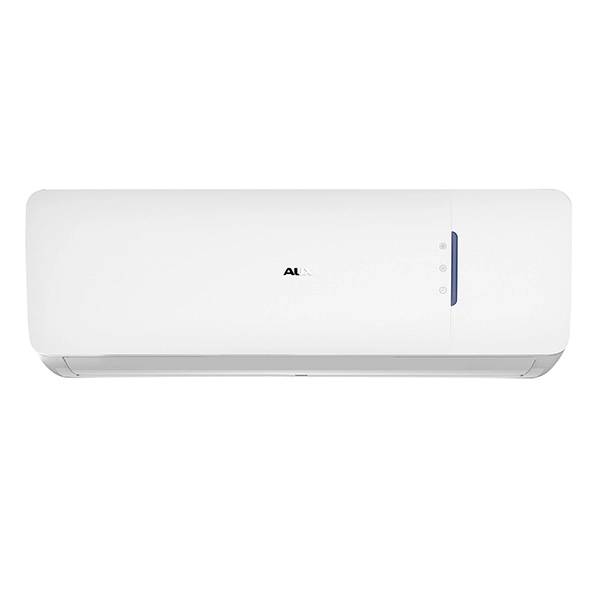
What Makes TIDESTAR’s Air Conditioner and Heating Units a Reliable Choice for Harsh Conditions?
Who Are We at TIDESTAR?
TIDESTAR builds air conditioning and heating solutions. We serve homes and businesses. Our products include A020 series portable units. We also make ducted commercial systems. They are built for tough weather. We focus on strength and good performance.
How Do Our Products Perform in Extreme Cold and Heat?
Advanced Thermal Protection Technology
TIDESTAR units have circuits to stop overheating. They run well in high heat. No damage occurs. Cooling stays reliable in heatwaves.
Adaptive Climate Control Algorithms
Our systems use smart thermostats. They adjust to weather changes. This lowers strain. Homes stay comfortable in sudden temperature shifts.
Reinforced Exterior Housing for Storm Resistance
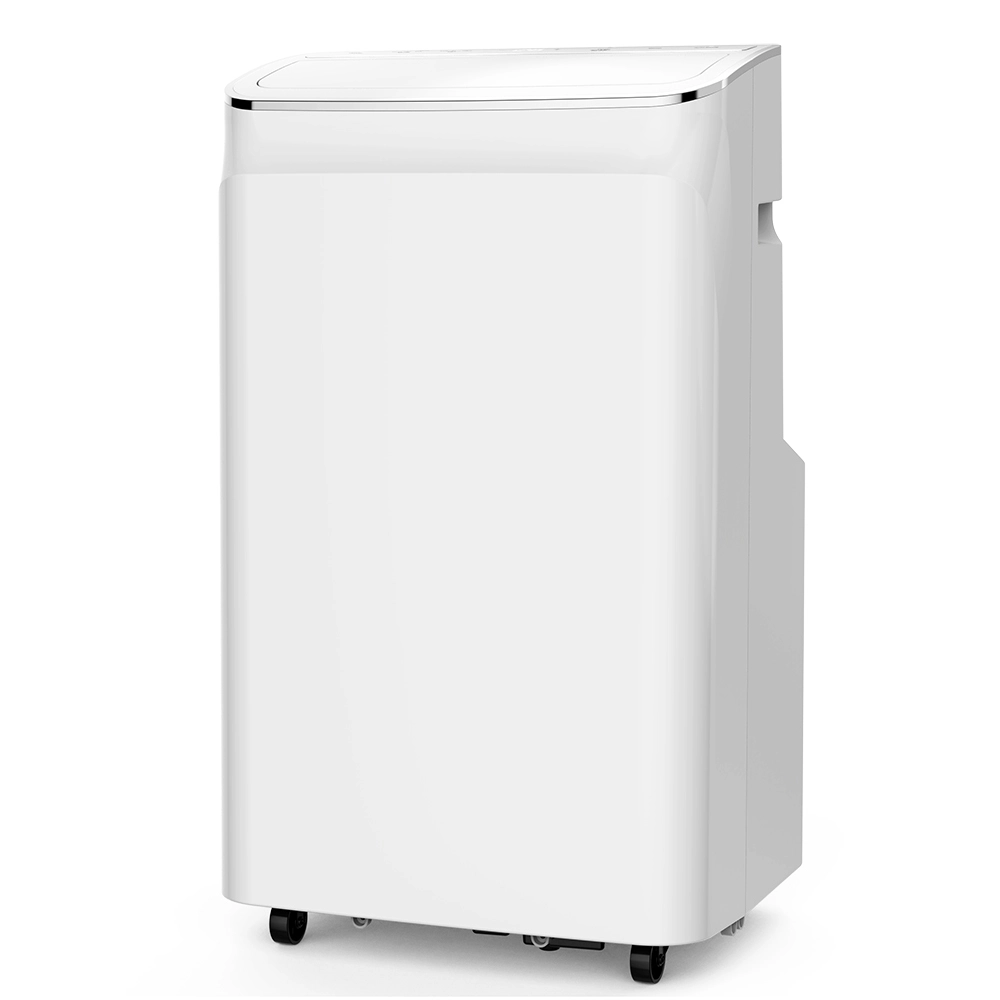
Our air conditioner units have strong casings. Take the 9000BTU 12000BTU Mobile Air Conditioner With WIFI Function A018. It handles storms and bad weather. It’s great for emergencies. The RX series uses tough aluminum and tempered glass. It lasts in harsh conditions.
What Sets TIDESTAR Units Apart from Conventional Options?
TIDESTAR’s AUX air conditioner like AUX Commercial 12000BTU 18000BTU 24000BTU Cooling Heating Split Wall Air Conditioning with Remote Control manages temperature, humidity, and air quality. It keeps homes comfortable. It filters dust, allergens, and pollutants. This reduces breathing issues. WiFi control is an option. You can manage your system anywhere. This helps in extreme weather. Our units handle today’s unpredictable weather. Older systems often can’t.
FAQ
Q: How often should I service my air conditioner and heating unit?
A: Service it once a year. Do it before summer or winter. This helps it work well in tough conditions.
Q: Can extreme weather permanently damage my HV air conditioner system?
A: Yes. Long cold or hot weather can cause failures. This happens if systems aren’t maintained or built for such conditions.
Q: What size air conditioner unit do I need for my home?
A: It depends on room size, insulation, and windows. A professional load calculation picks the right size.
Q: Why does my HV air conditioner keep turning off suddenly?
A: Dirty filters or wrong thermostat settings may cause this. Refrigerant issues or wrong unit size can too.
Q: Is it worth upgrading an older but still working HV air conditioner system?
A: Is it over 10 years old? Does it lack modern features like variable-speed motors? Upgrading saves on energy and repairs. New systems handle today’s extreme weather better.
